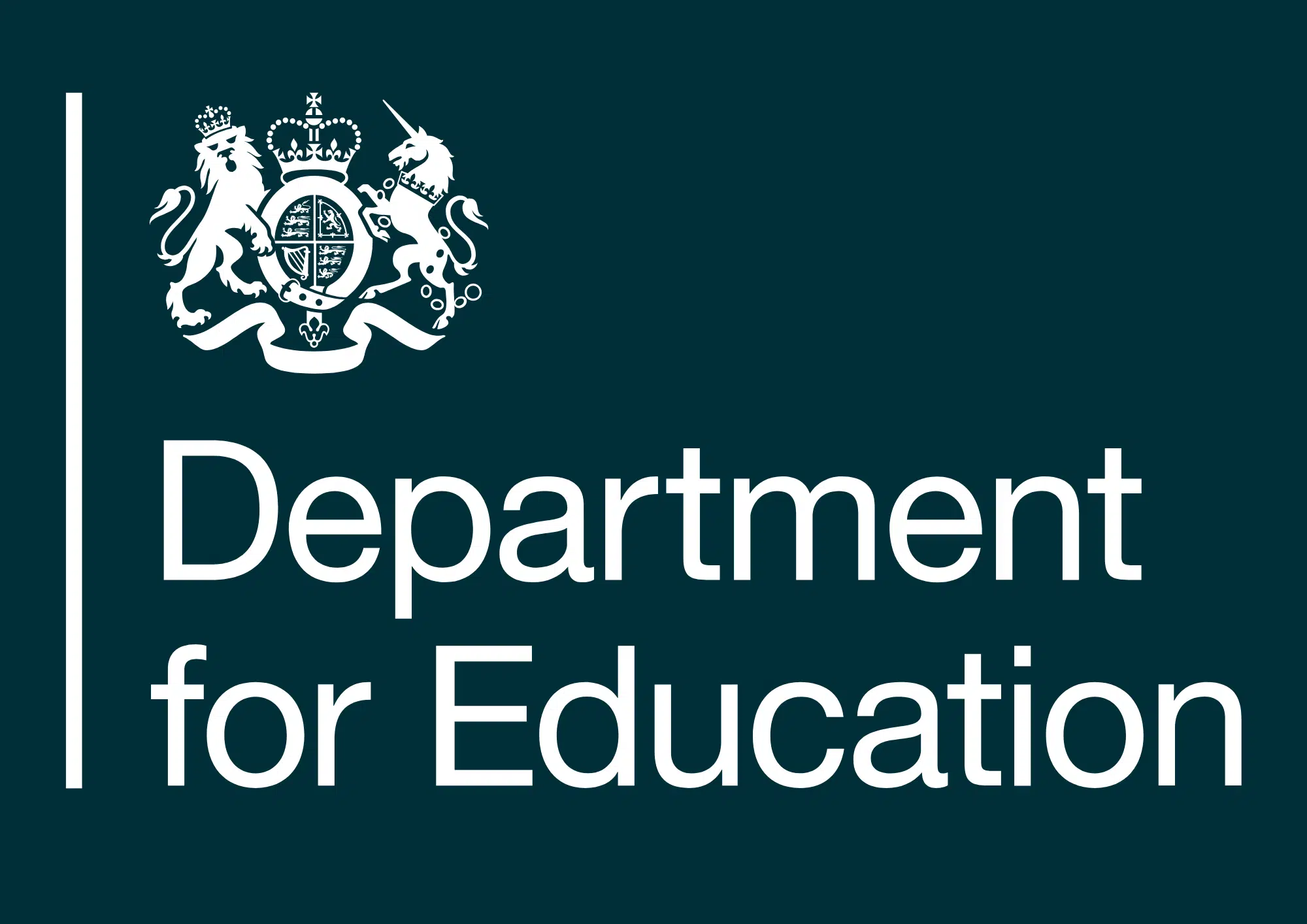The UK’s Department for Education (DfE) is responsible for overseeing education and children’s services in England. This ranges from early childhood education to schools and higher education, plus apprenticeships and skills development. Their aim is to give every child a fair chance to succeed, no matter their background or family situation.
What Does the DfE Do?
The responsibilities of the DfE cover various vital areas to ensure that children and young people are well-educated and supported. Here are key areas the DfE focuses on:
- They supervise how children are taught in early years and primary schools.
- They manage education in secondary schools for teenagers.
- They are involved in further education initiatives like apprenticeships and training programs for both young individuals and adults.
- They handle matters related to higher education, ensuring young adults receive necessary guidance.
- The DfE provides assistance to people who teach or support learners of all ages.
- They work hard to help children and young people from disadvantaged backgrounds reach their potential.
- Another crucial role is making sure local services provide protection and aid to children in need.
Main Priorities of the DfE
Currently, the DfE has a few top priorities:
- One of their major goals is to foster economic progress by enhancing skills and productivity and helping people who are already working. This often means working together with other governmental departments to maximize effectiveness.
- They focus on raising educational standards so every child and young adult across the country can gain the right knowledge, skills, and qualifications.
- They aim to assist the most vulnerable and at-risk children by collaborating with local services, together with other departments focused on health and social care.
- They want to ensure that children get a great start in life through excellent early-stage education and childcare, supporting parents and raising standards in the community.
How the DfE Operates
Being a ministerial department, the DfE functions with the help of 18 agencies and public bodies. These teams are located in London and across England, allowing them to support multiple initiatives and connect with local authorities and various educational institutions. The DfE cooperates closely with numerous local and national entities and health services to enhance education and child welfare in an interconnected manner.
Supporting Agencies of the DfE
Several essential agencies assist the DfE in accomplishing its mission. Some of these agencies include:
- Ofsted, which inspects schools and childcare providers.
- Ofqual, responsible for regulating qualifications and exams.
- The Education and Skills Funding Agency, overseeing funding matters.
- The National College for Teaching and Leadership, dedicated to supporting teachers.
- The Standards and Testing Agency, helping maintain high standards in education.
A Look Back at DfE’s History
The Department for Education has experienced many changes throughout its existence to adapt to the demands of the education system in the UK. Below are some significant milestones:
- In 1839, the Committee of the Privy Council on Education was formed, marking the nation’s first involvement in schooling decisions and grant distributions to schools.
- By 1856, the Education Department was created, helping to structure the previously loosely defined education system.
- The Education Act of 1902 led to the development of local education authorities focusing more on secondary education’s needs.
- In 1944, the Ministry of Education was set up to streamline educational organization.
- 1964 saw the Ministry renamed as the Department of Education and Science, reflecting a wider focus on science and technical educational aspects.
- The name changed again in 1992 to the DfE, emphasizing improved educational standards and enhancements in school performance.
- A merger in 1995 resulted in the formation of the Department for Education and Employment, creating a stronger link between educational and employment policies.
- In 2001, the focus returned to skills with the reorganization into the Department for Education and Skills.
- Two separate departments emerged in 2007 dedicated to children, schools, families, and to innovation, universities, and skills.
- By 2010, the Department for Education was re-established as a unified entity managing both educational matters and children’s services.
Current Focus and Challenges
Today, the DfE addresses key goals:
- The improvement of education standards providing better quality teaching across various educational sectors.
- Efforts to promote fair access to education for all students so those at a disadvantage can compete equally with their peers.
- Supporting educators by giving them essential tools and comprehensive training.
- Preparing students for future challenges by ensuring they obtain vital skills and qualifications needed in the modern economy.
However, the DfE faces some challenges:
- Budget cuts have pressured educational resources, impacting how much support schools can offer.
- There’s a shortage of skilled teachers in some areas, which complicates educational delivery in those locations.
- The ever-growing number of students places heightened demands on limited resources.
- The rapid changes in the job market mean there’s a need for schools to adapt, ensuring that students possess up-to-date skills and knowledge.
Looking to the Future
The work done by the DfE significantly affects children and young people in England by setting quality benchmarks and providing valuable resources. In the future, the DfE will continue adapting education practices to address emerging educational needs and social changes. They’ll need to prioritize:
- Innovating pathways in learning, incorporating new technology, and enhancing teaching methods.
- Fostering collaboration among educational institutions and other organizations to build a seamless system.
- Jam-packed management policies backed by research and solid data to drive decision-making processes.
- Planning well ahead to ensure the education system has the necessary investments to thrive.
Focusing on these elements will help the Department for Education establish a high-quality learning environment that prepares every student to succeed in this dynamic world.

